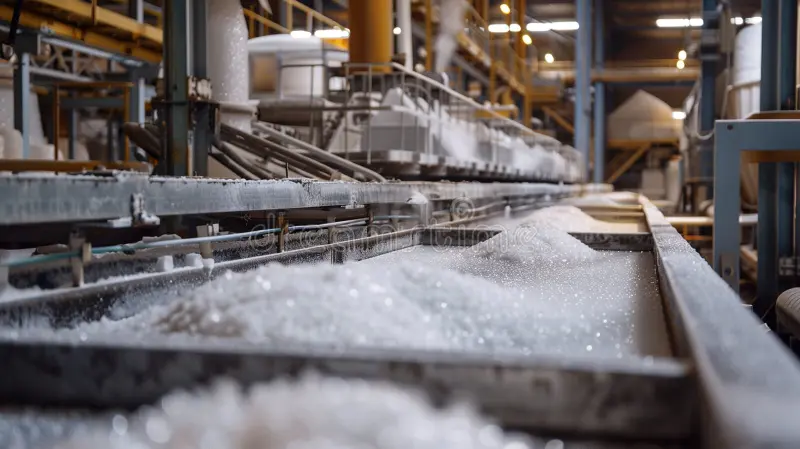Islamabad 2 August: The Pakistan Sugar Mills Association’s (PSMA) recent statement blaming climate change, increased production costs, and regulated pricing for its financial troubles has drawn skepticism from independent analysts and market observers, who argue that the sugar industry remains highly profitable and benefits from export-friendly policies.
In its latest press release, the PSMA claimed that sugar production had been hit by global warming and a decline in sucrose levels, forcing mills to purchase sugarcane at up to Rs700 per maund — a sharp rise from Rs425 in the previous season. The association also asserted that this price hike, along with increased operational costs, pushed the industry into losses, with 12 mills allegedly closing down.
However, critics note that sugar prices in the domestic market have surged well above production costs, often crossing Rs 200 to 300 per kg at retail — a level that far outpaces the rise in sugarcane procurement rates.
“Even with a higher cane price, mills continue to enjoy comfortable margins,” said an industry analyst who requested anonymity. “The narrative of suffering losses doesn’t align with the price data or the revenue figures reported by listed sugar firms.”
Contrary to PSMA’s claim of industry-wide losses, financial reports from several publicly listed sugar mills show profits in the billions, driven by favorable export policies, domestic shortages, and speculative stockpiling.
READ MORE: Top Sugar Mills Accused of Hiding Millions in Taxes
These trends have contributed to rising inflation and burdened consumers, especially during the off-season months.
The PSMA further argued that deregulating the sugar sector — similar to the rice and maize sectors — would resolve pricing disputes and improve efficiency. However, economists warn that past deregulation efforts have often led to cartelization, speculative hoarding, and consumer price volatility.
“Sugar deregulation without robust oversight only strengthens monopolies,” noted Dr. Usman Shahid, an agricultural economist. “Unlike rice or maize, sugar is a politically sensitive and strategically essential commodity with a deep link to food inflation and farmer livelihoods.”
Government officials, too, have questioned the timing and tone of PSMA’s statement, particularly amid calls for transparency over export quotas and inventory disclosures. “Instead of pushing blame on climate and costs, the industry should come clean about its profit margins and sugar stockpiles,” said a senior official from the Ministry of Industries.
While PSMA paints a picture of financial distress, market dynamics and financial data suggest that the sugar industry’s grievances are less about survival and more about retaining pricing control in a heavily scrutinized sector.









